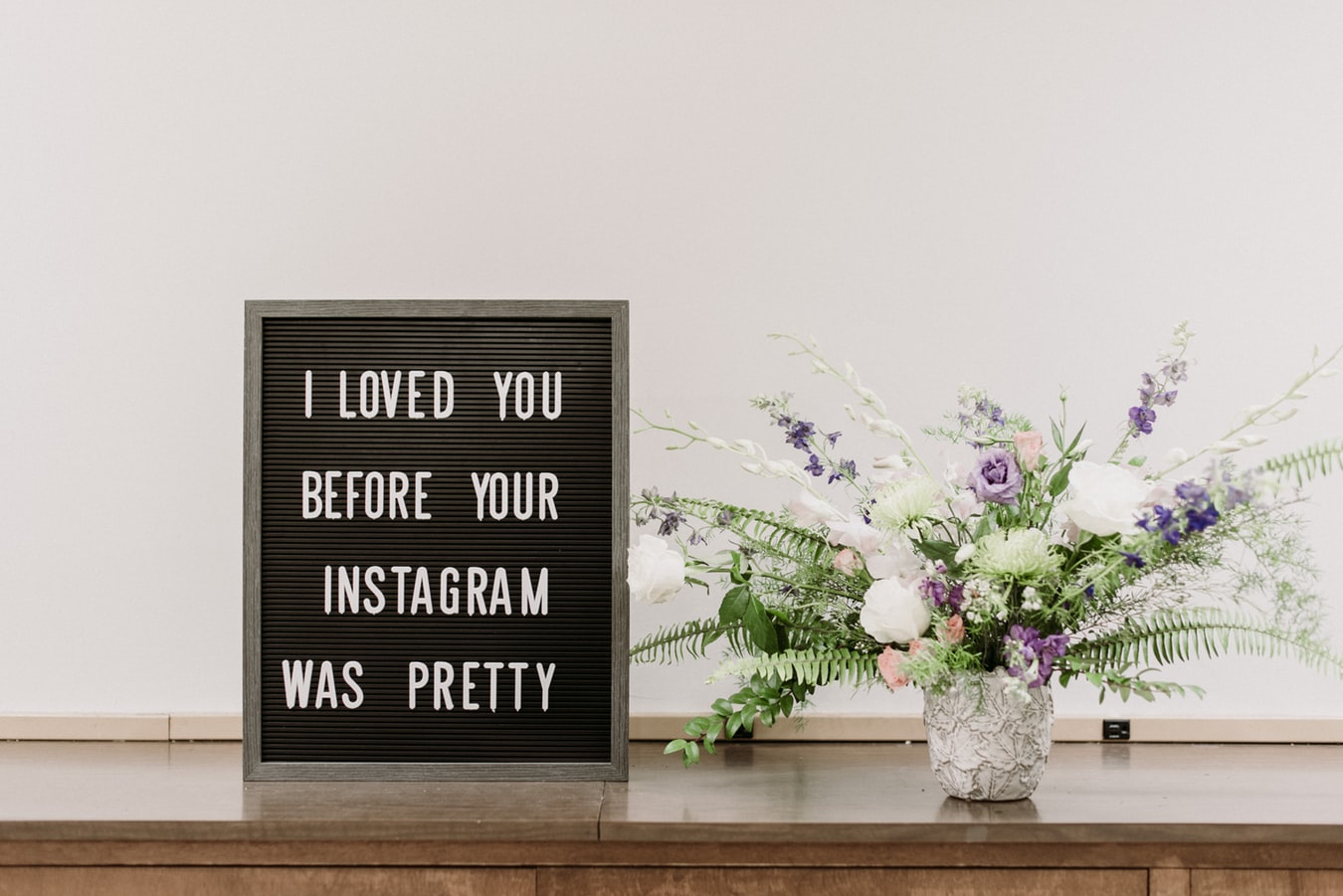Instagram’s Uncertain Future
In recent weeks and months, Instagram has begun to trial the hiding of likes from selected users’ feeds. Conducted so far across seven countries including Japan, Australia and the US. The platform is now hoping to roll out the trial for all users.
The trial has already created more than its fair share of uproar with Instagram’s users and, its business users.
Making Instagram Safer
The driving force for this change, Instagram claims, is altruistic. The removal of likes from posts is supposedly intended to make Instagram a much safer platform, for younger audiences.

This is part of a wider initiative to create a more positive atmosphere. It's by no means unnecessary after the Royal Society for Public Health pegged Instagram as the single most mentally damaging platform. Something Natalie Salmon, Social Media Editor for Harpers Bazaar, noted in her article on the subject.
While your own likes are still visible and users can still see who has liked a post, just not how many. The platform wants to reduce the popularity contest element for its users. This, in theory, puts more emphasis on the content itself, not its likes.
While the changes may have a positive outcome should they prove effective, the real motivations behind them have been questioned. Altruism is rarely the sole motivator, the changes are suspected to be an attempt to draw control back from influencers.
Unsettling Influencers
The last few years, in particular, have seen a mass explosion in the success and profitability of influencers on Instagram. From an influencer point of view, what brands have tended to prefer is high reach figures, over just mass followings.
At present Instagram reflects reach primarily on likes. Without this, brands will not be able to see how far their influencer content might go, only how many followers a given individual has, which is not necessarily indicative of reach.
For all the stick that influencers get, they are, in essence, entrepreneurs exploiting a gap in the market like anyone else. These changes could heavily impact the foundation of their businesses. In a way that might see them move to a more publication style model with media packs replacing like counts.
While this might make the profession more business-like and perhaps formalised, it will disproportionately damage new starters who lack the resources for such things. Meaning that the influencer model, even if it survives the initial impact, may see its own form of skills drain in the long term.
The Future of Instagram
As the model shifts from a like-centric culture. What is intended to happen at least, is that the quality of the content will take precedence. In addition, the number and nature of comments will assume a new importance.

From a marketing perspective, for any platform to be useful, it must be able to demonstrate engagement, and comments may become the new likes in this respect.
Initial reactions to the changes have been distinctly mixed. Some, such as Kim Kardashian West have fallen in line with Instagram’s narrative about improving mental health and praised the changes.
On the other end of the scale, a selection of influencers and celebrities have criticised the changes. Even going as far as threatening to delete accounts or simply stop using the platform.
In terms of your everyday user, Instagram is taking a risk too. For many, the likes provide a gratification element, the thing that keeps people coming back and producing more content. Without it, Instagram risks prompting disillusionment amongst followers.
Ultimately, only time will tell whether Instagram and its Facebook overlords have made the right decision. Whether the platform becomes safer and content is prioritised overbought likes. In the meantime, those looking to use Instagram for growth need to focus on producing engaging content that draws comments.
To learn more about how targeted, engaging social media marketing could boost your business growth, contact Formation today.
